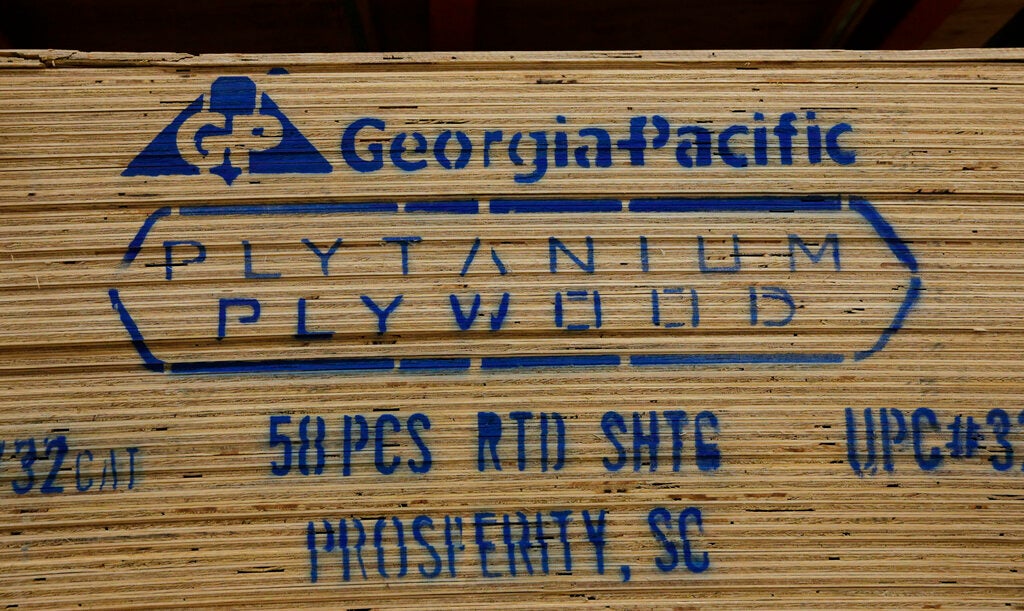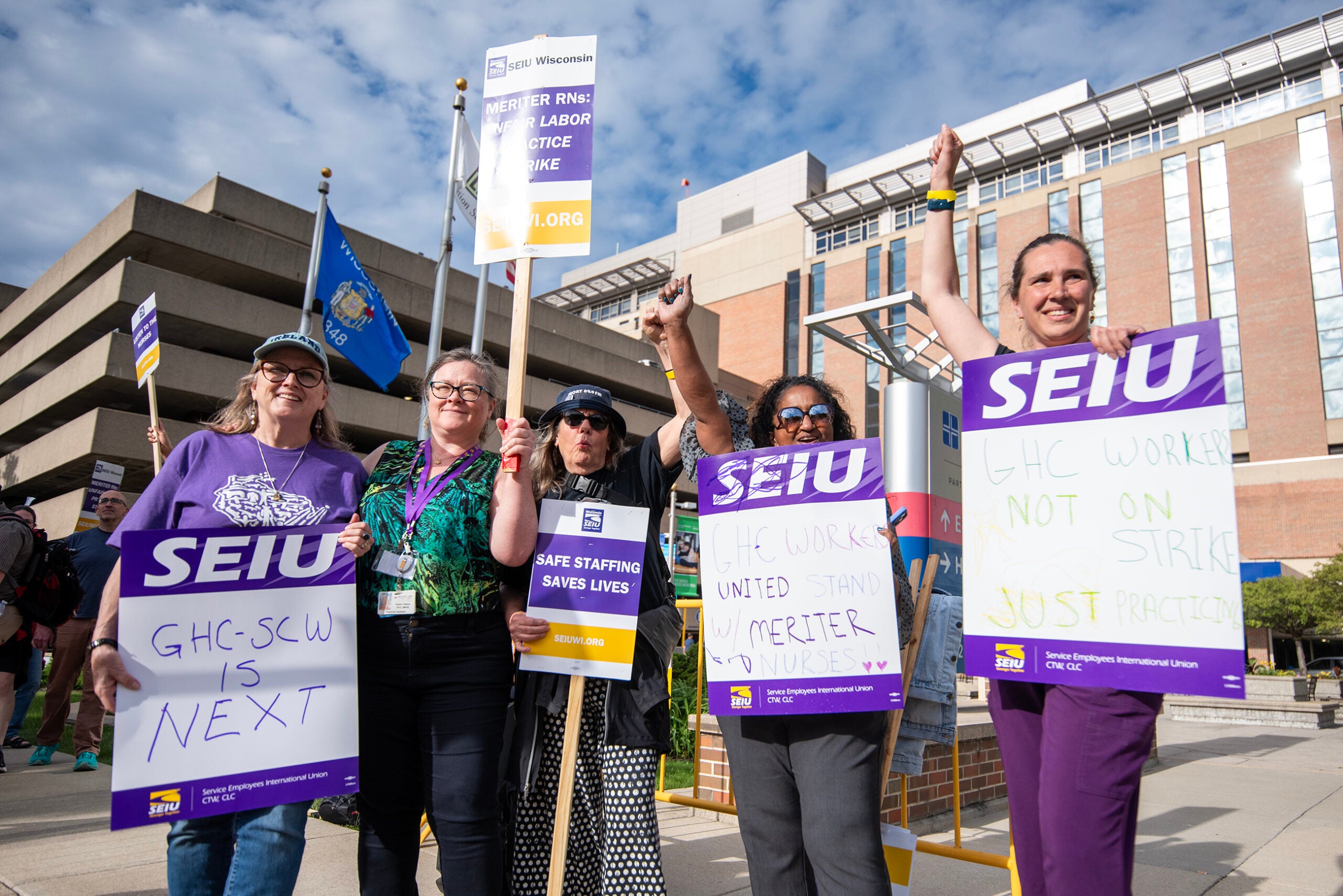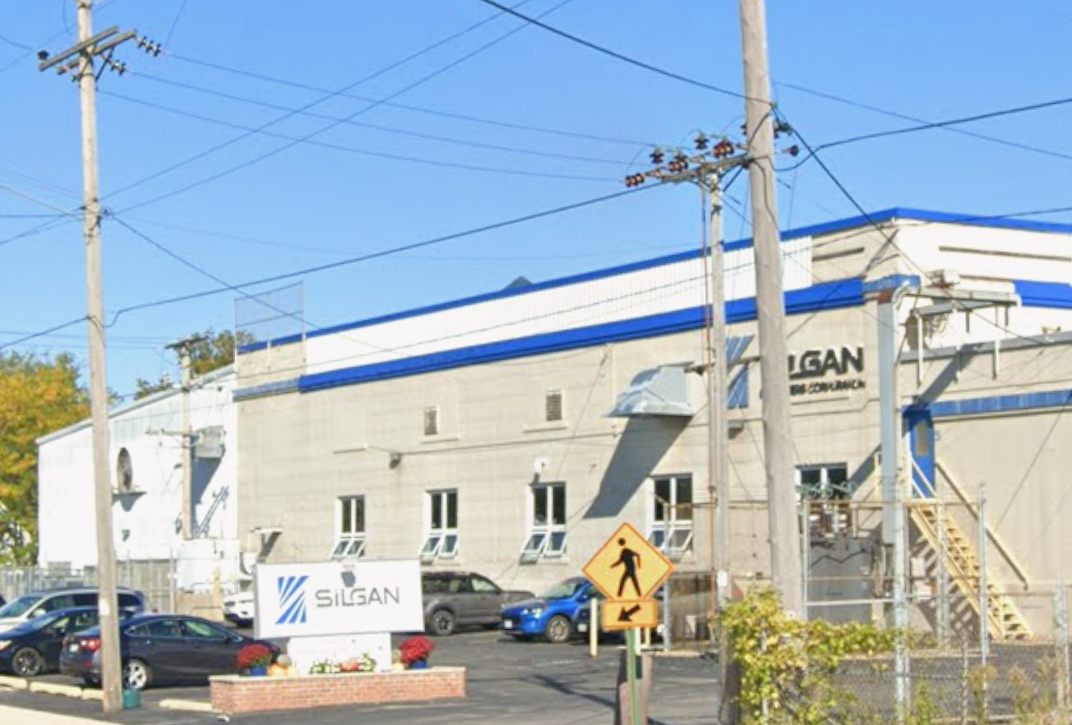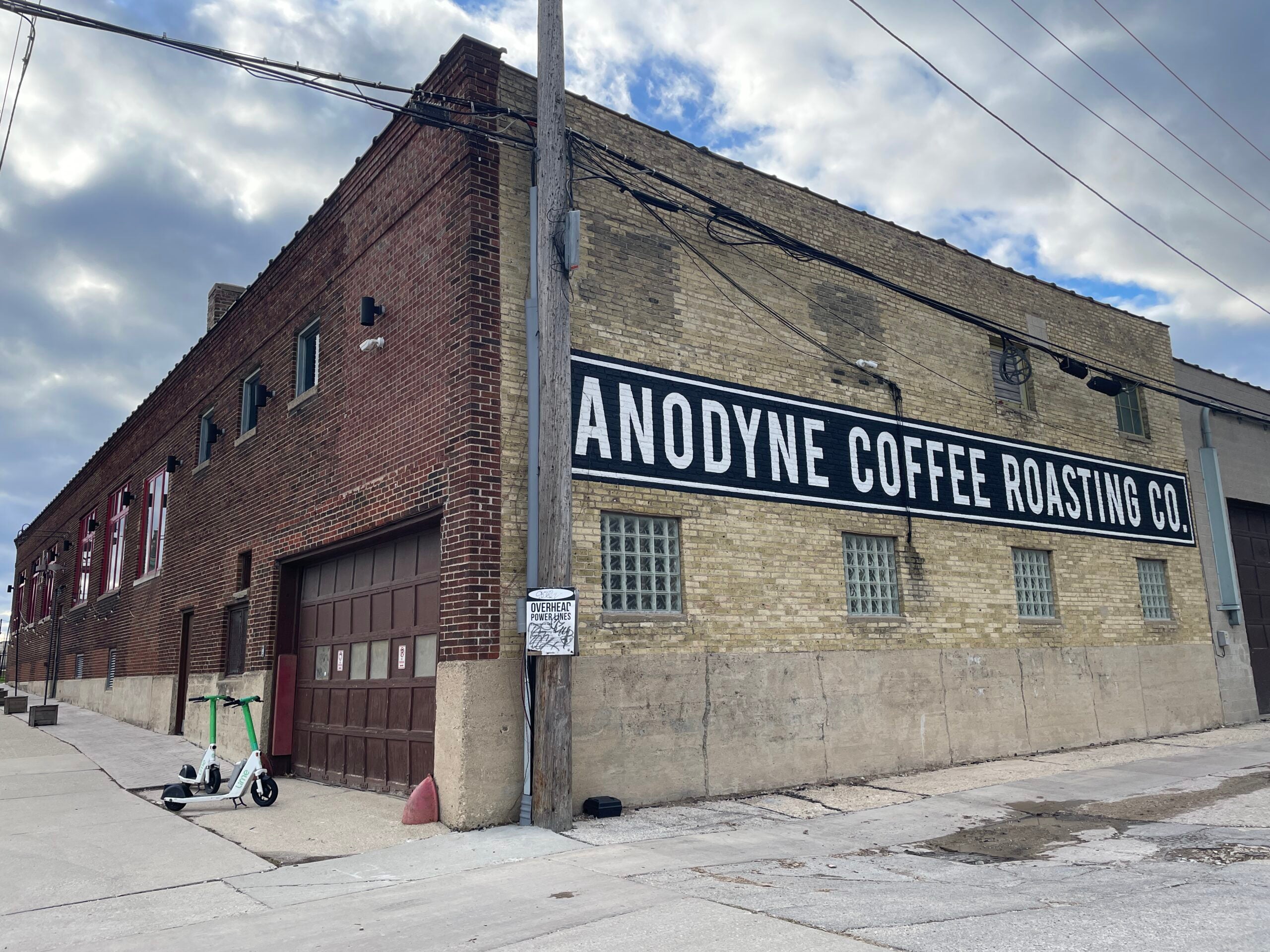The closure of a Georgia-Pacific paper mill in Green Bay will bring an end to the only union-represented mill in the city, and workers who find jobs at one of the company’s other Green Bay facilities will likely lose their union status.
Georgia-Pacific announced the closure of the Day Street mill last week. The tissue paper- and napkin-producing mill, which will mark its 121st year in operation on March 29, will shut down in phases over the next 18 months, the company said.
About 190 people staff the Day Street mill, a relatively small portion of the more than 1,000 workers in the Atlanta-based company’s four Green Bay facilities. The notice that it will close Day Street comes just three months after Georgia-Pacific announced a $500 million expansion of its Broadway mill in Green Bay, which is one of the world’s largest producers of tissue paper. Georgia-Pacific said that expansion would add some 150 new jobs. Company spokesman Michael Kawleski said the Broadway mill and the Packerland Drive converting facility both have current openings as well, which employees will be encouraged to apply for.
News with a little more humanity
WPR’s “Wisconsin Today” newsletter keeps you connected to the state you love without feeling overwhelmed. No paywall. No agenda. No corporate filter.
“They’re professionals, they know their jobs, and we want to keep them,” Kawleski said.
If most current employees of the Day Street mill do transfer across the river to the Broadway mill or across town to Packerland, the net effect would be few job losses in Green Bay.
But the jobs may not be the same. Workers at Day Street are represented by the United Steelworkers, a labor union affiliated with the American Federation of Labor and Congress of Industrial Organizations, or AFL-CIO. Workers at the Broadway mill and Packerland facility are not unionized.
Outgamie County Executive Tom Nelson, a Democratic candidate for U.S. Senate, called the move “subtle union-busting.”
Nelson is the author of “One Day Stronger,” an account of an Appleton union’s legal battle to reverse a decision by Appleton Coated to close a mill there, who has worked closely with the United Steelworkers and other labor groups.
“You’re hearing all these excuses that don’t hold up: ‘This is a dated mill. There’s not enough equipment,’” Nelson said. “It’s a self-fulfilling prophecy, because you chose to invest out of state. You chose to invest at the nonunion facility.”
Kawleski flatly denied that Day Street’s union status was a factor in the company’s decision to close the facility. He said Georgia-Pacific has invested in union facilities elsewhere. And he noted that the market for skilled mill workers in northeast Wisconsin remains highly competitive, and said pay and benefits at the remaining Green Bay facilities reflect that.
Representatives for the United Steelworkers did not respond to multiple requests for comment.
The loss of the roughly 200 union jobs fits into a broad and longstanding trend away from unionization in Wisconsin and nationwide.
In January, a report from the Wisconsin Policy Forum documented the steep decline in union employment in Wisconsin. And while the sharpest declines came in public union membership in the wake of the 2011 Act 10 law that removed most of their powers, the report also showed a long-term decline in the share of the private workforce who belong to unions, from nearly 21 percent in 1986 to 6.5 percent in 2020.
The same downward trajectory is in evidence nationally. According to the U.S. Bureau of Labor Statistics, the number of workers belonging to a union declined in 2021 by 241,000 to about 14 million nationwide. Among private-sector workers, 6.1 percent belonged to a union.
Nationally, nonunion workers earned 83 percent of what union members made.
Jason Stein, research director for the Wisconsin Policy Forum, said a decline in the share of manufacturing jobs relative to the overall economy is one factor in the decline. The “right to work” law passed in 2015 made unionizing harder, but the data show it did not lead to an immediate sharp decline in unionization.
Still, Stein said the overall trend away from unionized jobs is very clear across industries, including the paper industry.
“If someone leaves a job at a paper mill,” he said, “there’s a good chance that whatever job they take next, they won’t be a union member.”
Wisconsin Public Radio, © Copyright 2025, Board of Regents of the University of Wisconsin System and Wisconsin Educational Communications Board.







